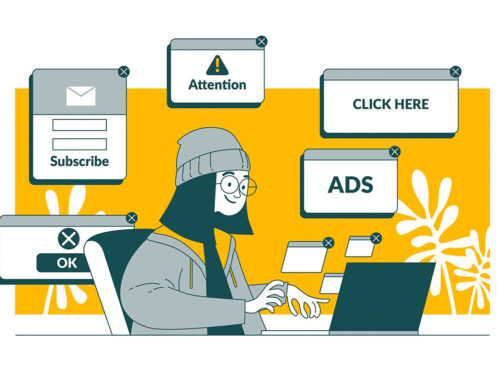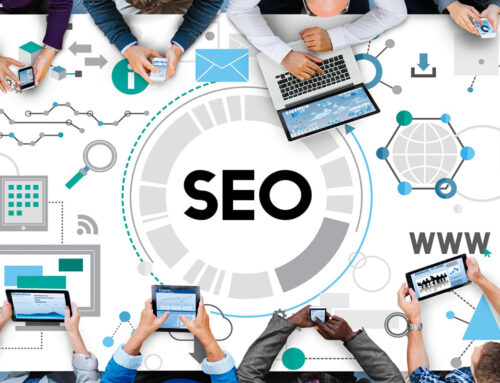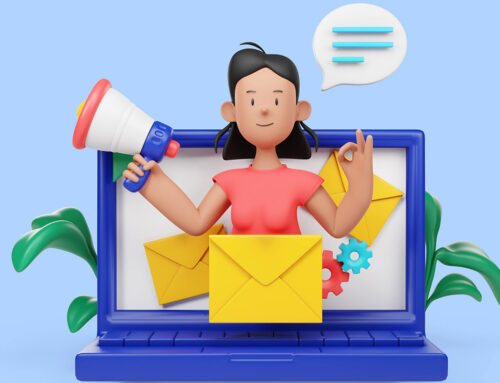Social media has become an integral part of our daily lives, and businesses in Abu Dhabi, UAE, have taken notice. Social media platforms like Facebook and Instagram provide businesses with a new avenue to connect with their target audience and drive traffic to their website.
To promote their business on these platforms, businesses can use Facebook and Instagram ads. Businesses can target their desired audience based on demographics, interests, and behaviors with Facebook ads. Instagram ads are a great option for showcasing products or services in a visually appealing way.
By including a call-to-action button in their ads, such as “Learn More” or “Shop Now,” businesses can direct users to a landing page on their website where they can learn more about the business and potentially make a purchase. In addition, organic reach through social media can attract followers who may be interested in the business’s products or services. By regularly posting engaging content and including links to their website in their posts, businesses can encourage their followers to visit their website and learn more about their business.
In conclusion, These platforms are a powerful tools for businesses in Abu Dhabi, UAE, to connect with their target audience and drive traffic to their website. By effectively utilizing Facebook and Instagram ads, businesses can increase their online presence and reach a wider audience.
While social media marketing has many benefits, there are also some potential disadvantages that businesses should be aware of.
- Time-consuming: Running successful social media marketing campaigns requires a significant amount of time and effort. Creating high-quality content, engaging with followers, and monitoring analytics all take time and resources.
- Limited control: These platforms have the power to change their algorithms and policies at any time, which can affect how businesses reach their target audience. Additionally, negative reviews and comments can be left on a business’s social media pages, which can damage its reputation.
- Costly: While organic reach through these platforms can be effective, paid advertising on social media platforms can be expensive. Additionally, businesses may need to hire a social media manager or agency to manage their social media accounts and campaigns, which can also be costly.
- Competition: Social Platform is a crowded space, with many businesses vying for the attention of the same audience. Standing out and reaching your target audience can be challenging, especially if your competitors have a larger following or a bigger advertising budget.
- Potential for misinformation: Misinformation and fake news can spread rapidly on social platforms, potentially damaging a business’s reputation if they become associated with it.
In conclusion, while this tool can be valuable for businesses, it’s important to be aware of the potential disadvantages and take steps to mitigate them.




